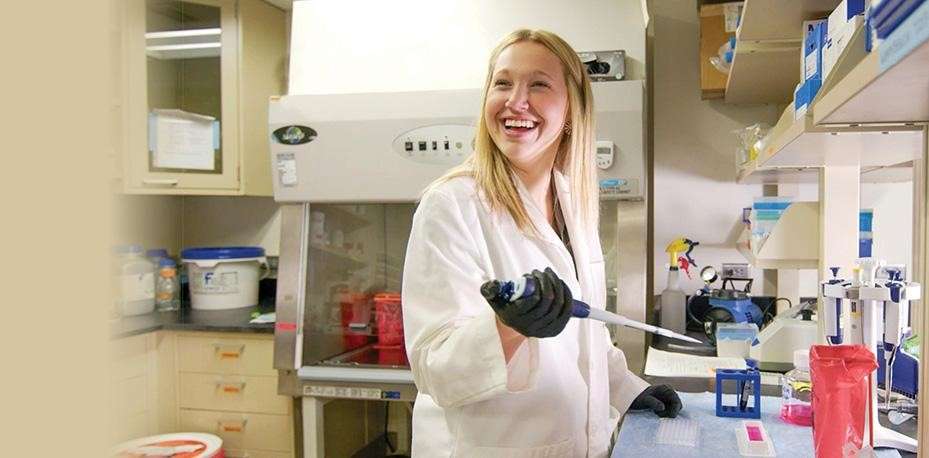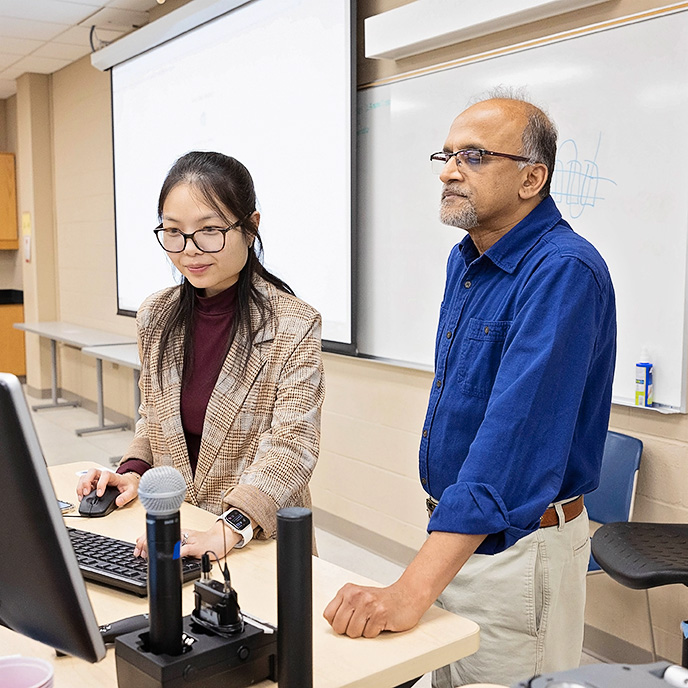Veterinary Microbiology
Degrees Offered:
- Doctor of Philosophy (Ph.D.)
- Master of Science (M.S.)
Area(s) of Specialization:
(may appear on ISU transcripts after graduation)
- Preventive Medicine (Ph.D.)
How long does it take to earn a degree?
Tammy Krock
takrock@iastate.edu515-294-3386
Veterinary Microbiology and Preventive Medicine
2182 Vet Med
Iowa State University
Ames, IA 50011-1250
2182 Vet Med
Iowa State University
Ames, IA 50011-1250
Admission Requirements
Graduate College Requirements:
- 4 year Bachelor’s degree (or equivalent)
- Academic Records/Transcripts
- Minimum 3.0 GPA (Program may alter requirement.)
- Proof of English Proficiency.
Program Specific Requirements:
- Program Requires GRE: Yes
- Program Requires GMAT: No
- Program Will Review Without TOEFL or IELTS: No
International Requirements:
- Financial Statement: Application
- English Proficiency Minimum:
TOEFL Paper (PBT) 550 TOEFL Internet (iBT) 79 IELTS 6.5 PTE 53 Duolingo 115
Application Requirements
Application Deadlines:
February 1 for fall assistance consideration (applications considered throughout the year)
Application Details:
This program is open to domestic and international students.



